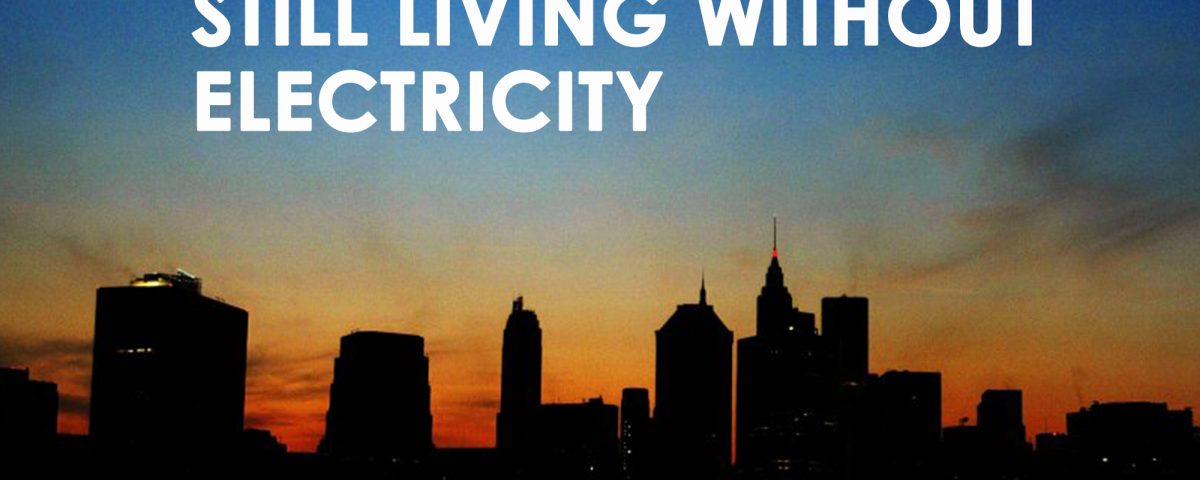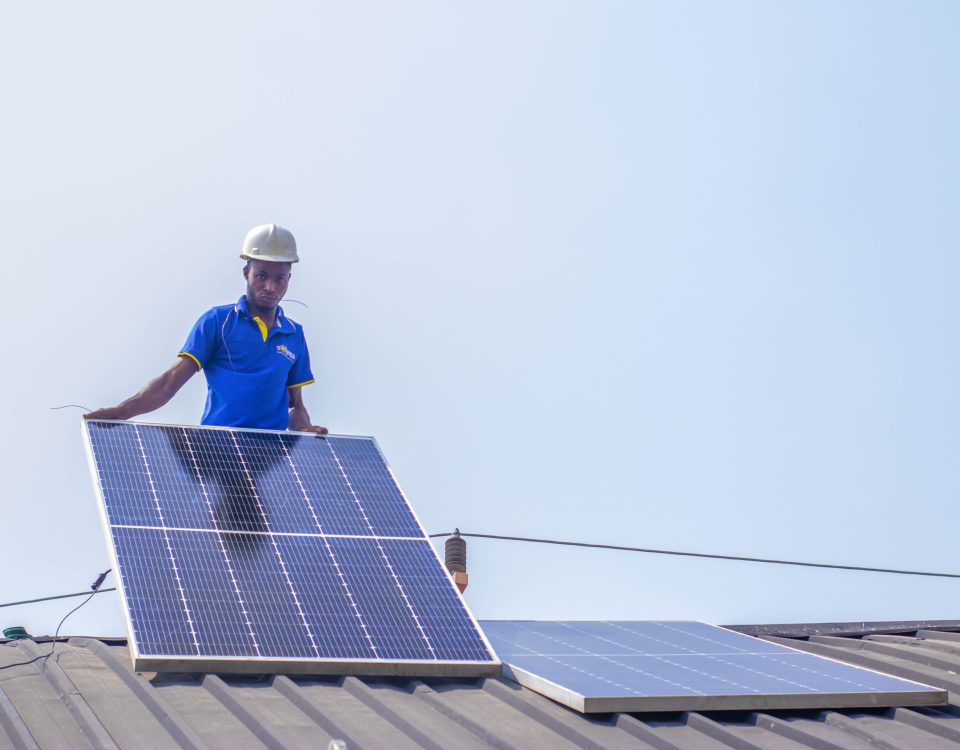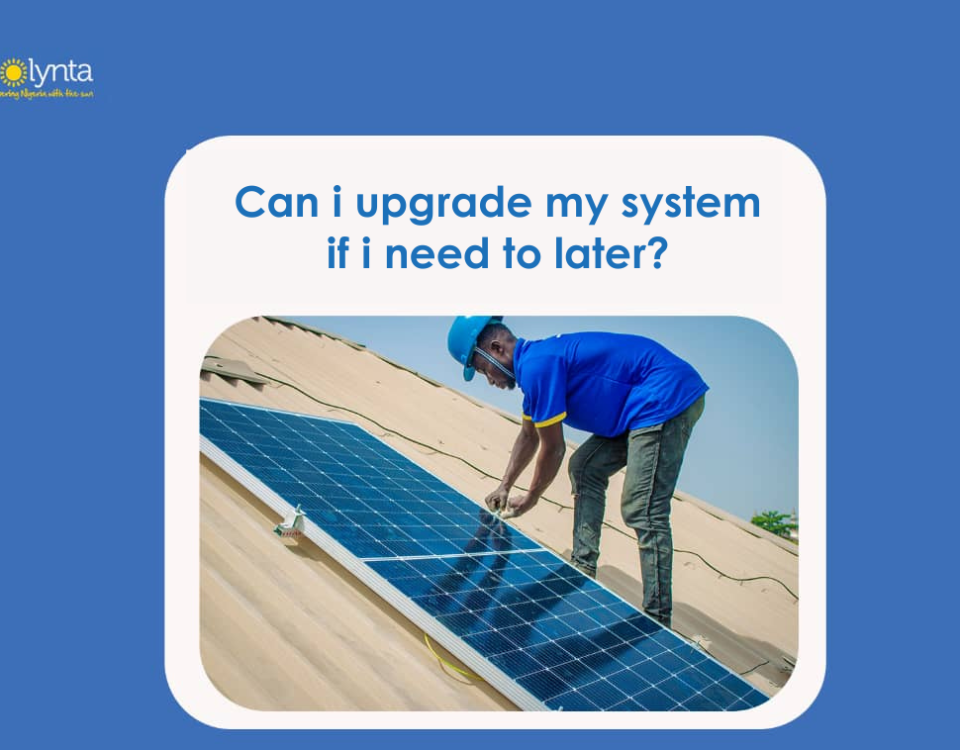Why Millions Are Still Living Without Electricity

Bridging the Electricity Gap in Nigeria
2020-08-04
Durability of Solar Panels
2020-08-08The Nigerian national grid experienced its first collapse for 2020 on Thursday, 16 January, leading to blackouts across the country.
The Transmission Company of Nigeria (TCN) confirmed the incident in a statement on its Twitter page reporting a “system disturbance” which occurred, affecting some parts of the country.
General blackouts and power outages is no new concern in Nigeria. This issue has lingered and only grown more of a canker worm over the years. The Number of electrical outages in a typical month in Nigeria was reported at 32.8 in 2014, according to the World Bank collection of development indicators, compiled from officially recognized sources. The complete absence of electricity in the rural areas is also pervasive. A research conducted by DW in a village in northern Nigeria was centered on how the residents get by in the dark. Jamilu Sanusi, a resident said “We have to travel to another village to charge our mobile phones. It usually takes 40 minutes to reach the place. But if there was electricity here, we would charge the phones from the comfort of our homes”.
In 2017, Nigeria was ranked second out of 137 countries on The Spectator Index of countries with the worst electricity supply. The daily average supply in Africa’s most populous country averages around 3,850 to 4,000 megawatts versus the 200,000 megawatts required
When grid power is available, only 45% of Nigerians have access to it, but much of that supply is epileptic and of very poor quality. With a population of over 200 million people (as of mid year 2020) according to the UN data, 133,300,000 Nigerians live with no access to electricity or in barely existent power.
As a result of this energy deficit Nigerians have turned to self-generated power. According to the Federal Government’s 2010 Power Reform Road map Report, Nigerians spend over twice as much on self-generated light and power, using candles, diesel, and petrol as they do with grid-based electricity. More so, it is estimated that at a minimum 6000 megawatts is generated using petrol and diesel generators. This mode of self-generation represents a financial albatross on Nigerians equivalent to between $6.7 and $10.47 billion compared to grid-based power.
The privatization of the power sector was a step in the right direction. However, with the backdrop of falling oil revenues, the government cannot be expected to take on the responsibility for powering Nigeria by itself. The weight of this challenge calls for an all hands approach with more support for the expansion of solar energy. As a decentralized form of reliable clean energy, solar has the power to aid in rapid power generation and increase productivity and growth in the economy




